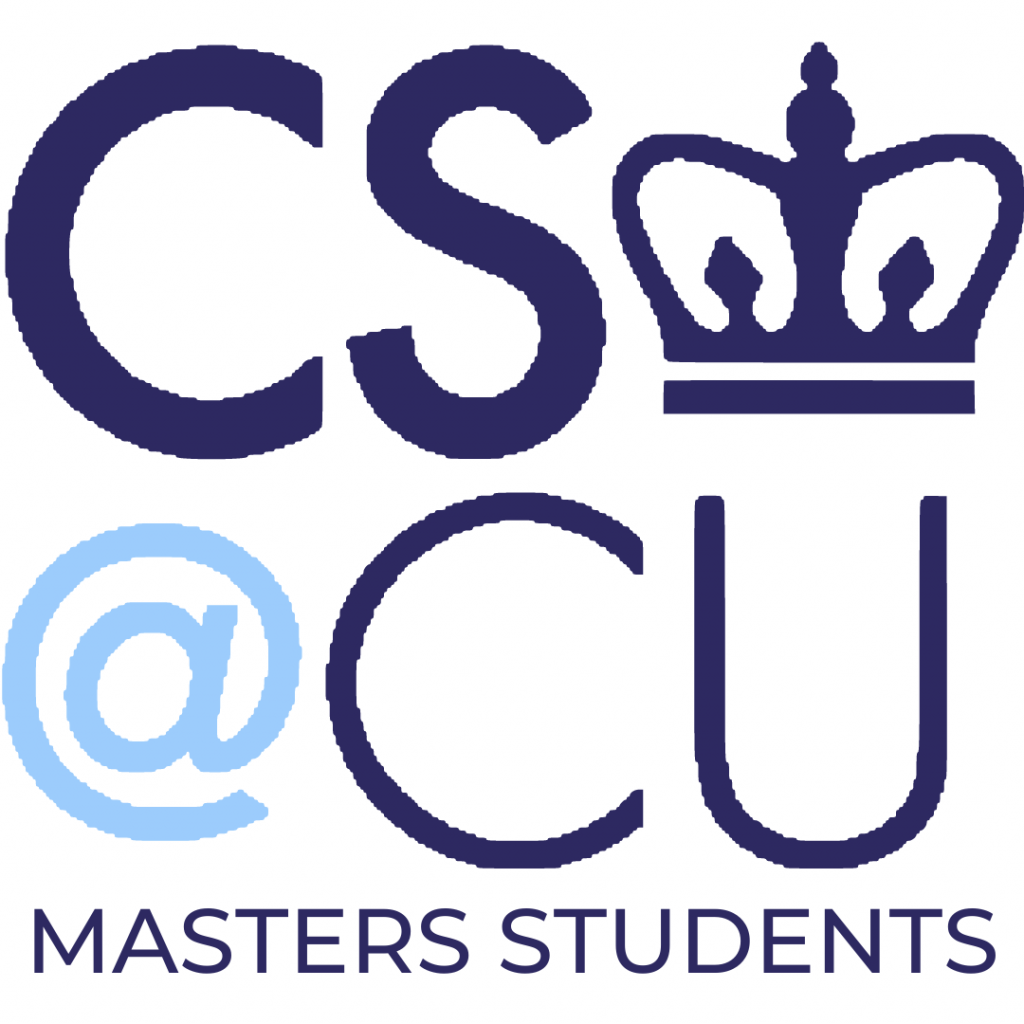
Foundations of Computer Science
Foundations of Computer Science is intended for students who wish to develop state-of-the-art knowledge of the theoretical foundations of Computer Science. The theory of computation plays a crucial role in providing solid foundations for all areas of Computer Science, including systems, artificial intelligence, security, and circuit design. This pathway will help you develop leading-edge knowledge of theoretical Computer Science and its applications.
SUMMARY OF REQUIREMENTS
- Complete a total of 30 points (Courses must be at the 4000 level or above)
- Maintain at least a 2.7 overall GPA. (No more than 1 D is permitted).
- Complete the Columbia Engineering Professional Development & Leadership (PDL) requirement
- Satisfy breadth requirements
- Take at least 6 points of technical courses at the 6000 level
- At most, up to 3 points of your degree can be Non-CS/Non-Pathway if they are deemed relevant and sufficiently technical in nature. Please submit the course syllabus to your CS Faculty Advisor for review, and then forward the approval confirmation email to ms-advising@cs.columbia.edu
1. Breadth Courses
Visit the breadth requirement page for more information.
2. Fundamental Courses
Students complete the following two courses: CSOR W4231 and COMS W4236. Students who have taken equivalent courses in the past and received grades of at least a B may apply for waivers and take other CS courses instead.
|
Course ID |
Title |
| CSOR W4231 | Analysis of Algorithms I |
| COMS W4236 | Intro. to Computational Complexity |
3. Secondary Electives Part I
Students complete 1 of the following courses:
|
Course ID |
Title |
| COMS W4203 | Graph Theory |
| COMS W4205 | Combinatorial Theory |
| COMS W4241 | Numerical Algorithms and Complexity |
| COMS W4252 | Introduction to Computational Learning Theory |
| COMS W4261 | Introduction to Cryptography |
| COMS W4281 | Introduction to Quantum Computing |
4. Secondary Electives Part II
Students complete 9 points out of the following Electives II list, excluding the course already taken; at least 6 points must be at the 6000-level:
|
Course ID |
Title |
| COMS 4203 | Graph Theory |
| COMS 4205 | Combinatorial Theory |
| COMS 4241 | Numerical Algorithms and Complexity |
| COMS 4252 | Introduction to Computational Learning Theory |
| COMS 4261 | Introduction to Cryptography |
| COMS 4281 | Introduction to Quantum Computing |
| COMS 4295 | Topics in Theoretical CS |
| COMS W4995 | Visit the topics courses page to see which COMS 4995 courses apply |
| CSEE 6180 | Performance Analysis |
| COMS 6204 | Topics in Graph Theory |
| COMS 6232 | Analysis of Algorithms II |
| COMS 6253 | Computational Learning Theory II |
| COMS 6261 | Advanced Cryptography |
| COMS 6291 | Theoretical Topics in C.S. |
| COMS 6901 | Projects in Computer Science (Advisor approval required) |
| COMS 6295 | Advanced Topics in Theoretical CS |
| COMS 6998 | Visit the topics courses page to see which COMS 6998 courses apply |
| CSPH G4802 | Incompleteness Results in Logic |
| STAT 4001 (previously SIEO 4150) | Intro. to Probability and Statistics |
| IEOR E4407 | Game Theoretic Models of Operation |
| IEOR E6400 | Scheduling: Deterministic Models |
| IEOR E6603 | Combinatorial Optimization |
| IEOR E6606 | Advanced Topics in Network Flows |
| IEOR E6608 | Integer Programming |
| IEOR E6610 | Approximation Algorithms |
| IEOR E6613 | Optimization I |
| IEOR E6614 | Optimization II |
| IEOR 6616 | Convex Optimization |
| IEOR E6711 | Stochastic Models I |
| IEOR E6712 | Stochastic motels II |
| IEOR E8100 | Doctoral Seminar on Convex Optimization |
| ELEN 6717 | Information Theory |
| ELEN E6718 | Algebraic Coding Theory |
| ELEN E6970 | Resource Allocation and Networking Games |
* STAT 4001 taken Spring 2018 or prior may count as a substitute for Probability and Statistics/Advanced Data Analysis
5. General Electives
Students complete the remaining credits of General Elective Courses at the 4000 level or above. At least three of these points must be chosen from either the Electives listed above or from the CS department at the 4000 level or higher.
Students may also request to use at most 3 points of Non-CS/Non-pathway coursework if approved by the process listed below.
- At most, up to 3 points of your degree can be Non-CS/Non-Pathway if they are deemed relevant and sufficiently technical in nature. Please submit the course syllabus to your CS Faculty Advisor for review, and then forward the approval confirmation email to ms-advising@cs.columbia.edu
Please note:
-
Students who waive requirements by using previous courses must still complete 30 graduate credits. This can be done by expanding their elective selection to include courses listed as fundamental and elective courses, or by taking other graduate courses
-
Due to a significant overlap in course material, MS students can only take 1 of the following courses – COMS 4771, ELEN 4903, IEOR 4525, STAT 4240, STAT 4400/4241/5241 – as part of their degree requirements
-
The Degree Progress Checklist should be used to keep track of your requirements. If you have questions for your Faculty Advisor or CS Advising, you should have an updated Checklist prepared
PROGRAM PLANNING
Please visit the Directory of Classes to get the updated course listings. Please also note that not all courses are offered every semester or even every year. A few courses are offered only once every two or three years or even less frequently.
Please note that some Data Science Institute courses, such as COMS/CSEE W4121 (Computer Systems for Data Science), do not count towards the CS MS degree. If you have any questions, please contact your advisor or CS Advising.

